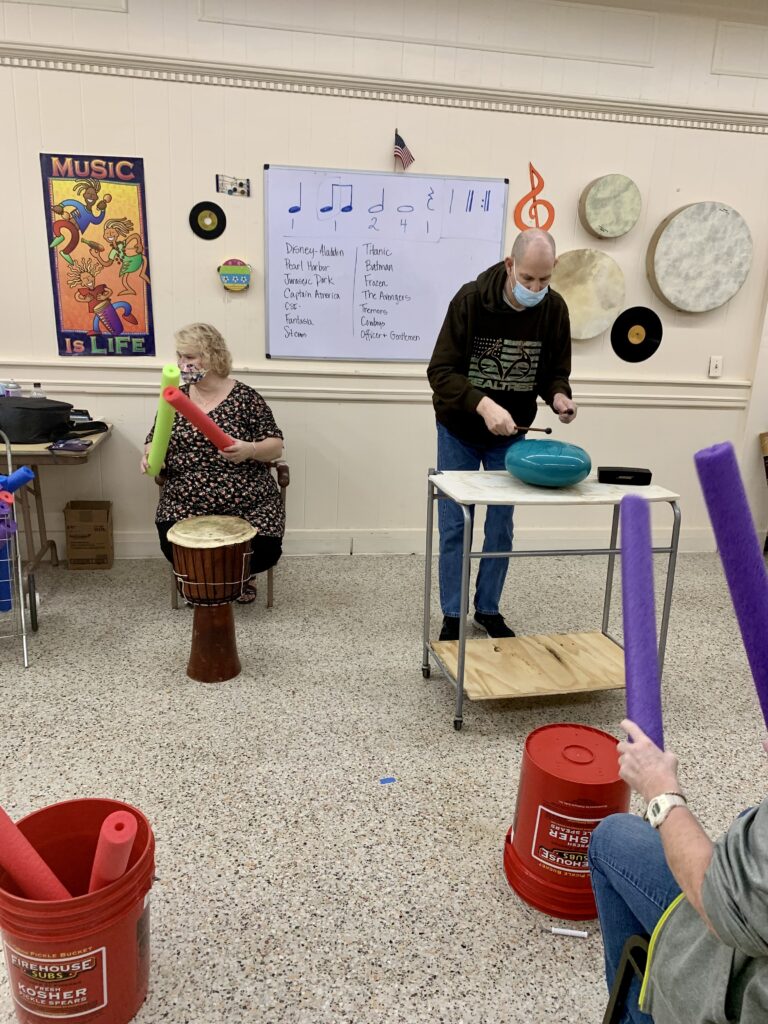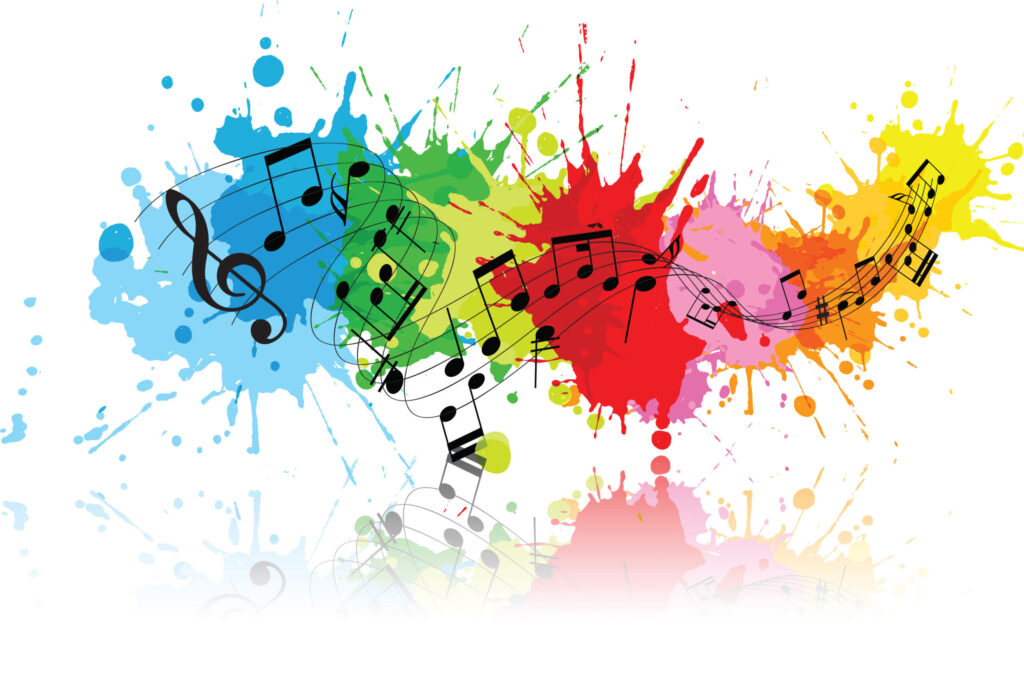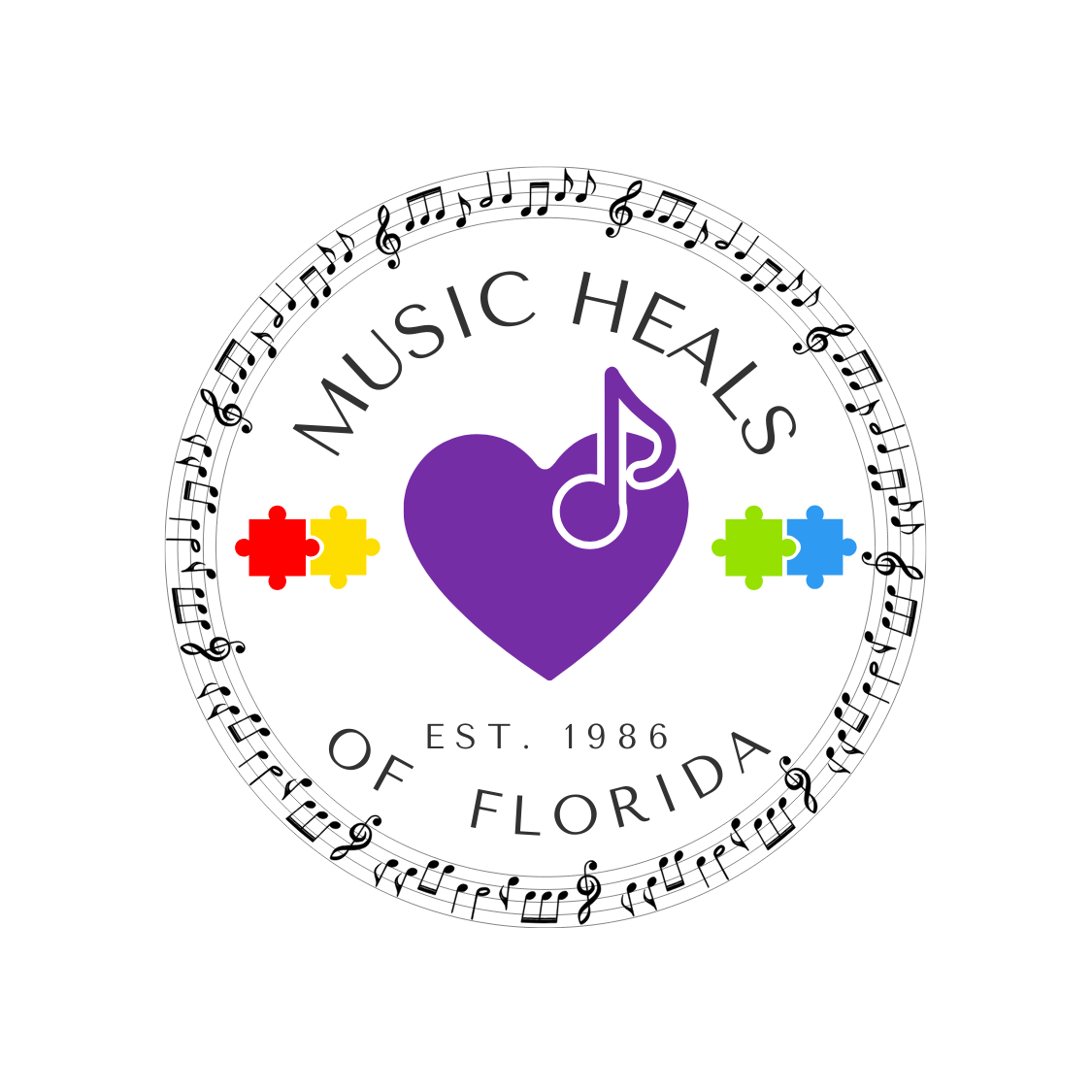Neurodiverse Learners

“We are all wonderfully made.”

Autism Spectrum Disorder (ASD)
Attention Deficit Disorder (ADD)
Music offers a valuable tool for addressing deficits commonly observed in children diagnosed with autism and even assists in acquiring new abilities. Music’s structured and repetitive nature can effectively aid in calming anxiety, redirecting behaviors, predicting outcomes and providing an impetus for communication within and among neurodivergent/neurodiverse children.
Music has been shown to significantly enhance the social aptitude, patience, and tolerance of individuals on the autism spectrum. Research has indicated that autistic children exhibit an increased aptitude for distinguishing pitch when compared to their neurotypical peers. This unique ability makes singing and playing pitched percussion (piano, xylophone, resonator bells), wind or string instruments a more interactive and engaging, positive experience for them.
EMOTIONAL REGULATION
Children with autism may struggle with emotional regulation. Music can serve as a powerful emotional outlet, allowing them to express their feelings and find comfort in rhythmic patterns and melodies. This can contribute to increased emotional self-regulation.
SENSORY PROCESSING
Many autistic children have heightened sensitivity to sensory input. Music therapy can help them manage sensory experiences by offering controlled and soothing auditory stimuli. It can also provide a structured and safe environment for sensory exploration.
SOCIAL CONNECTIVITY
One of the hallmark traits of autism is social communication deficits. Music therapy fosters social interactions in a non-threatening and enjoyable way. Group music sessions encourage children to collaborate, listen, and engage with their peers, improving their social skills and emotional connection with others.
SKILL DEVELOPMENT
The acquisition of new skills can be a challenge for children with autism. Music therapy can be tailored to address specific developmental goals. Whether it’s fine motor skills through playing instruments or expressive language development through singing, music therapy can be a creative and effective tool for skill enhancement.
COMMUNICATION CHALLENGES
Children with autism tend to have difficulties in verbal and non-verbal communication. Music interventions, employed with intention and individualized goals, offers an alternative channel for effective communication of emotions and needs. Through instruments, vocalization, or rhythmic engagement, children can communicate their emotions and thoughts, which may be challenging through traditional means.
LEARNING DIFFICULTIES
Efficient learning can be a struggle for many autistic children. Music therapy introduces a structured and repetitive approach to learning, which aligns with the preferences of many autistic individuals. This predictable pattern in music can enhance cognitive skills, memory, and overall learning ability.

